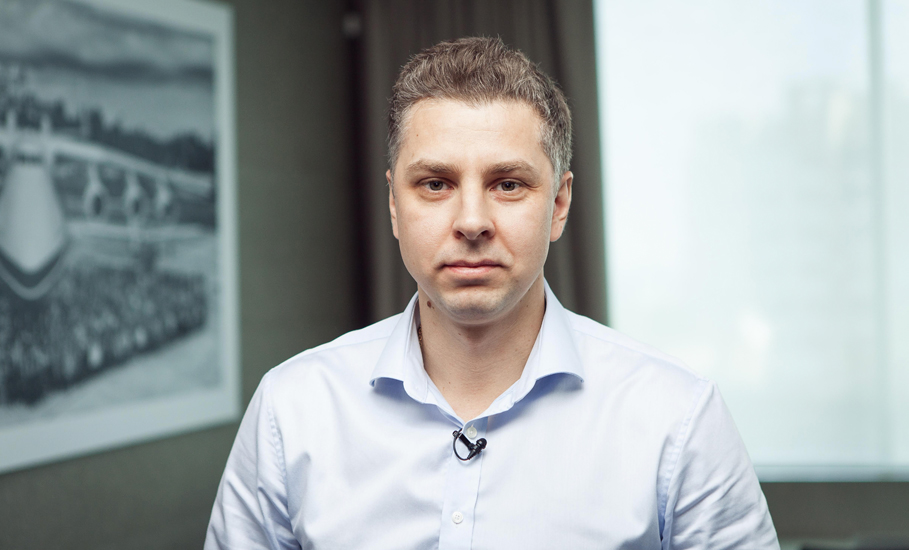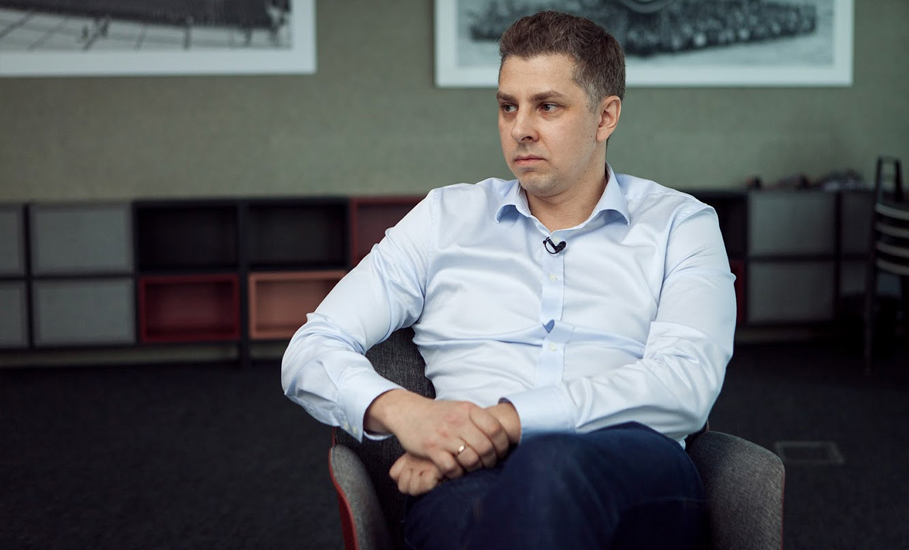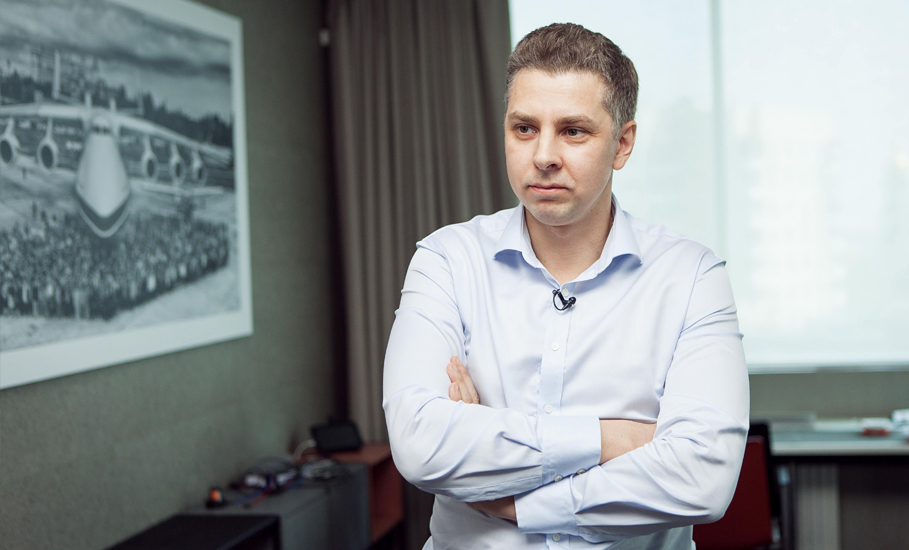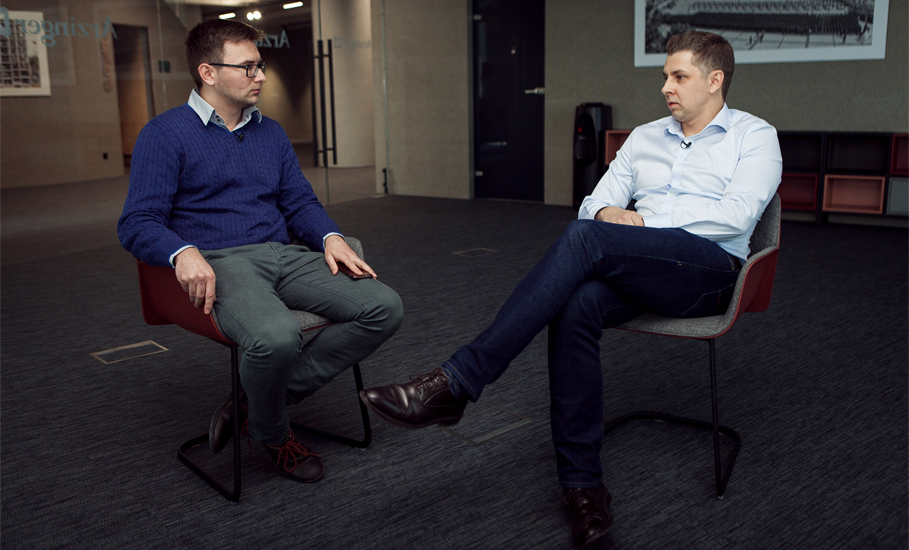— Clients often ask this question at the consultant selection stage. And many are puzzled by this question. It may seem like a simple question, but in fact 90% of them will have the same answer — we have the best lawyers, the best expertise and experience. It's all true, but over time you realize that there are a lot of competitors with the same experience and lawyers who migrate from one company to another now and then, but the client chooses you. Or, on the contrary, he doesn't choose you. There are several top-level companies on the market that can provide services in core practices at more or less the equal level. It turns out that there are basically no fundamental differences. Therefore, at the level of top clients it is not so much the experience and knowledge that matters, but rather the trust in you as a consultant and partner. And it is not that you are different from your competitors, but how you will be different for this particular client. What can you do for him to gain his trust? We always try to be not only consultants for our clients, but also business partners, sharing their values, interests and risks.



